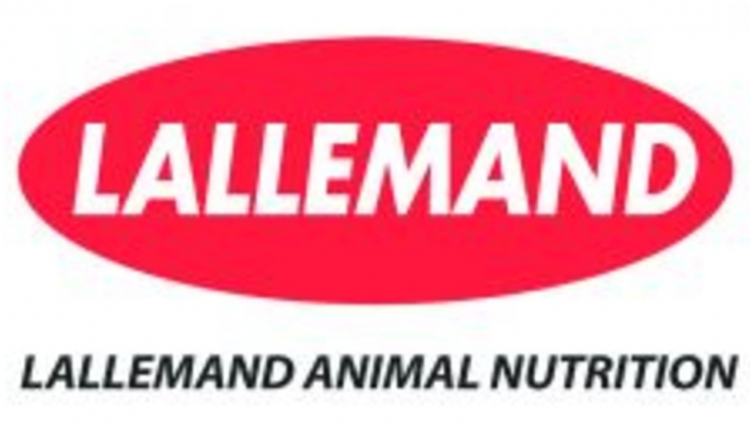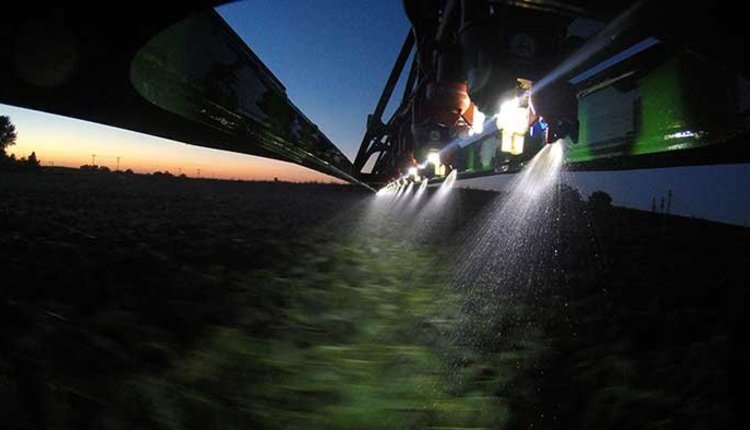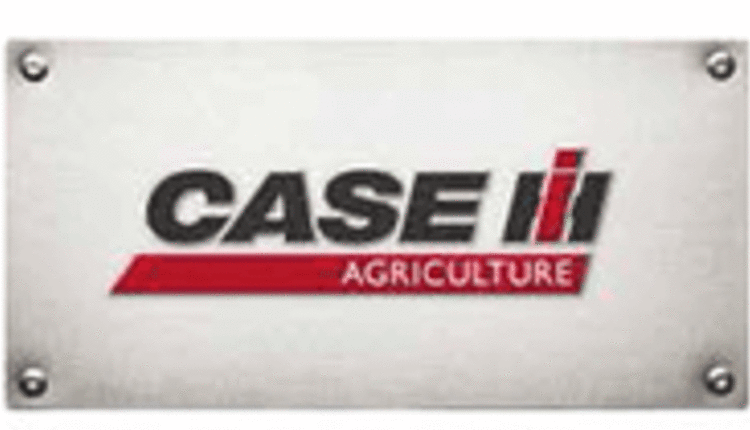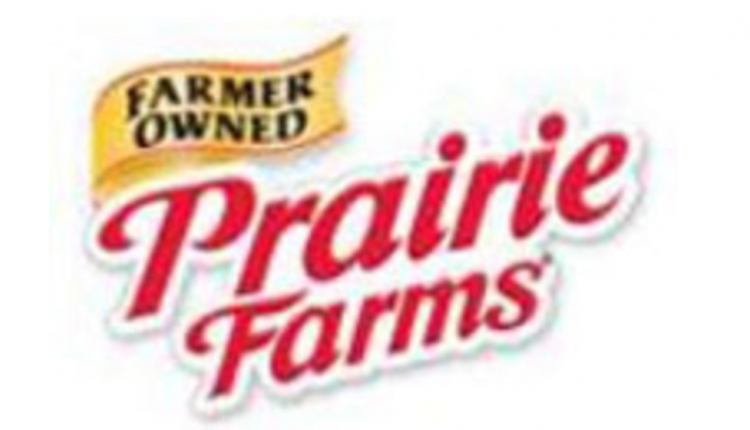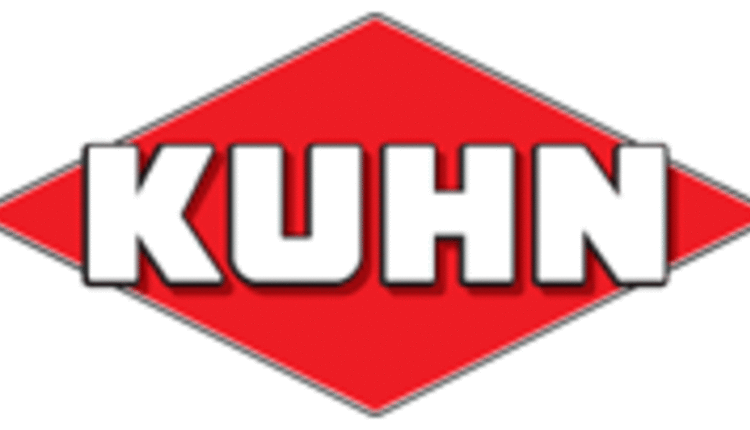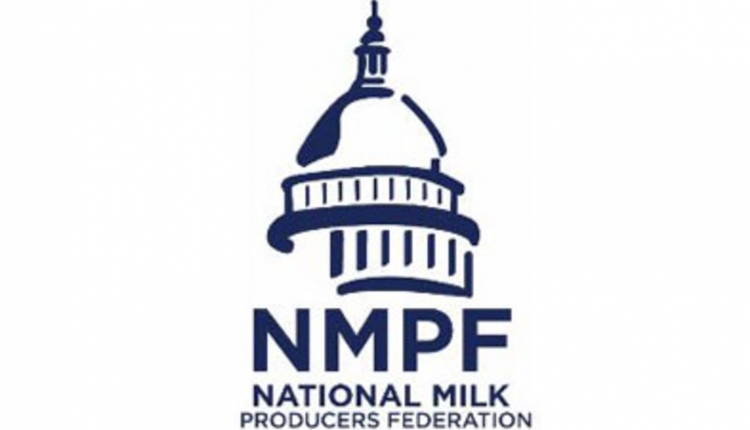If your dry cow mastitis management program doesn't include vaccination, you could be leaving your cows defenseless against environmental pathogens. Coliform mastitis, caused by Escherichia coli (E. coli) and other bacteria, can have devastating effects if a cow's immune system isn't armed to fight infection.
"E. coli mastitis vaccines are like artillery for a cow's immune system. They help protect against infection and minimize fallout when cases do occur," says Dan Funke, quality milk manager with Pfizer Animal Health.
By establishing E. coli mastitis vaccination programs and supplementing with mastitis prevention steps, such as teat sealants and environmental management, you can help reduce coliform mastitis severity and provide your cows with a better chance for successful treatment and recovery.
Funke offers three steps for equipping your herd with tools to help prevent severe coliform mastitis.
1. Investigate the enemy: Knowledge is power and with a little reconnaissance, you can better prepare a defense strategy. Culture mastitis cases and review records with your veterinarian to identify common pathogens on your dairy operation. E. coli is the most common cause of coliform mastitis, but other pathogens can be to blame. Tailor your vaccination and treatment protocols to the causative pathogen.
2. Devise a defense strategy: With culture records in hand, work with your veterinarian to develop a vaccination program that protects against E. coli mastitis. Review product labels, dosing and administration information, and efficacy and research to select the best vaccine for you and your dairy operation. Also, consider vaccines with lower endotoxin levels to limit negative reactions to vaccination.
3. Watch your flanks: Even with the best defense in place, including dry cow treatment, teat sealants and vaccination, don't forget the basics of good management. Vaccines and pharmaceutical products are never a substitute for good management. Work with your nutritionist to ensure your dry cow ration is optimal. Cow and facility hygiene also is necessary to limit exposure to environmental pathogens.
Be sure to set your cows up for success in their next lactation by providing them with an arsenal to fight off coliform mastitis. Talk to your herd veterinarian to confirm your herd is protected, and visit www.milkqualityfocus.com to get additional insight on dry cow management and E. coli mastitis vaccination.
About Pfizer Animal Health
Pfizer Animal Health, a business of Pfizer Inc., is a world leader in discovering and developing innovative animal vaccines and prescription medicines, investing an estimated $300 million annually in animal health product research and development. For more information about how Pfizer Animal Health works to ensure a safe, sustainable global food supply from healthy livestock, fish and poultry; or helps companion animals and horses to live longer, healthier lives, visit www.PfizerAH.com.
08.16.2011
"E. coli mastitis vaccines are like artillery for a cow's immune system. They help protect against infection and minimize fallout when cases do occur," says Dan Funke, quality milk manager with Pfizer Animal Health.
By establishing E. coli mastitis vaccination programs and supplementing with mastitis prevention steps, such as teat sealants and environmental management, you can help reduce coliform mastitis severity and provide your cows with a better chance for successful treatment and recovery.
Funke offers three steps for equipping your herd with tools to help prevent severe coliform mastitis.
1. Investigate the enemy: Knowledge is power and with a little reconnaissance, you can better prepare a defense strategy. Culture mastitis cases and review records with your veterinarian to identify common pathogens on your dairy operation. E. coli is the most common cause of coliform mastitis, but other pathogens can be to blame. Tailor your vaccination and treatment protocols to the causative pathogen.
2. Devise a defense strategy: With culture records in hand, work with your veterinarian to develop a vaccination program that protects against E. coli mastitis. Review product labels, dosing and administration information, and efficacy and research to select the best vaccine for you and your dairy operation. Also, consider vaccines with lower endotoxin levels to limit negative reactions to vaccination.
3. Watch your flanks: Even with the best defense in place, including dry cow treatment, teat sealants and vaccination, don't forget the basics of good management. Vaccines and pharmaceutical products are never a substitute for good management. Work with your nutritionist to ensure your dry cow ration is optimal. Cow and facility hygiene also is necessary to limit exposure to environmental pathogens.
Be sure to set your cows up for success in their next lactation by providing them with an arsenal to fight off coliform mastitis. Talk to your herd veterinarian to confirm your herd is protected, and visit www.milkqualityfocus.com to get additional insight on dry cow management and E. coli mastitis vaccination.
About Pfizer Animal Health
Pfizer Animal Health, a business of Pfizer Inc., is a world leader in discovering and developing innovative animal vaccines and prescription medicines, investing an estimated $300 million annually in animal health product research and development. For more information about how Pfizer Animal Health works to ensure a safe, sustainable global food supply from healthy livestock, fish and poultry; or helps companion animals and horses to live longer, healthier lives, visit www.PfizerAH.com.
08.16.2011


